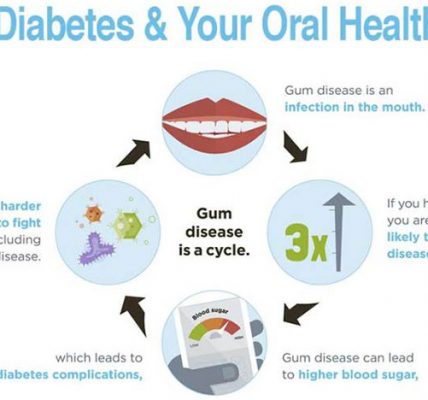Mental health has become a significant concern in the modern workplace. Stress, burnout, and anxiety can negatively impact employee productivity, morale, and overall well-being. It’s essential for organizations to prioritize mental health and create a supportive work environment.
Common Workplace Mental Health Issues:
- Stress and Burnout: Excessive workload, tight deadlines, and job insecurity can lead to chronic stress and burnout.
- Anxiety and Depression: These conditions can significantly impact work performance and relationships with colleagues.
- Substance Abuse: Workplace stress can lead to unhealthy coping mechanisms, such as substance abuse.
Strategies to Promote Mental Health in the Workplace
- Flexible Work Arrangements: Offering flexible work options, such as remote work or flexible hours, can reduce stress and improve work-life balance.
- Mental Health Benefits: Providing access to mental health services, including counseling and therapy, can help employees address their mental health concerns.
- Stress Management Programs: Implementing stress management techniques like mindfulness, meditation, and yoga can help employees manage stress and improve their overall well-being.
- Open Communication: Encouraging open communication and creating a supportive work environment where employees feel comfortable discussing their mental health concerns.
- Employee Assistance Programs (EAPs): Offering confidential counseling services to employees can help them address personal and professional challenges.
- Work-Life Balance Initiatives: Promoting healthy work-life balance through initiatives like flexible work hours, vacation time, and time-off policies.
- Leadership Training: Training leaders to recognize signs of mental health distress and provide support to employees.
By prioritizing mental health, organizations can create a more positive and productive work environment, leading to happier, healthier, and more engaged employees.




